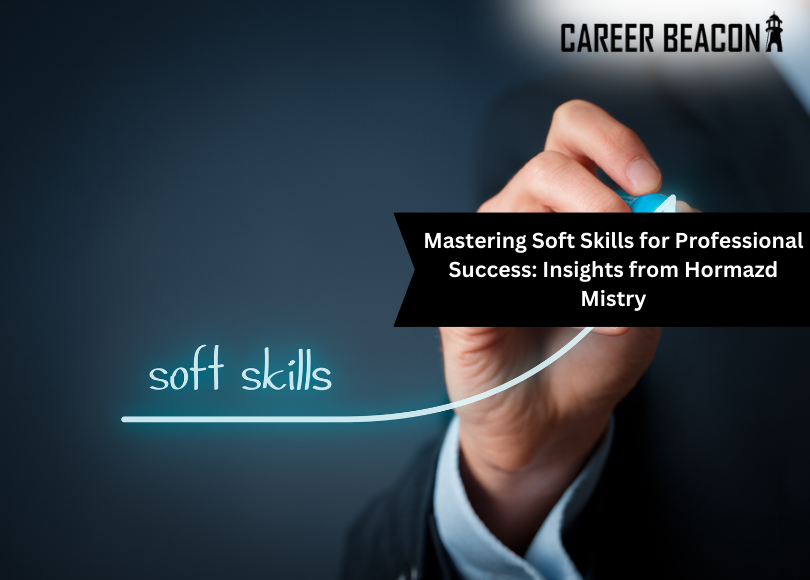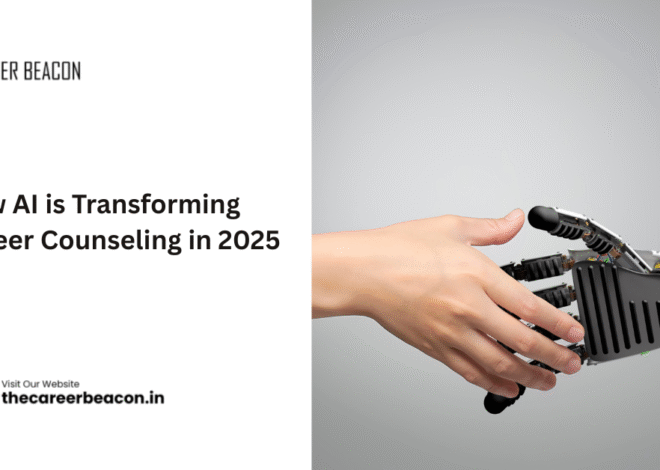
Mastering Soft Skills for Professional Success: Insights from Hormazd Mistry
The pursuit of professional excellence is a common goal, with technical skills and qualifications shaping industries rapidly. However, soft skills have become crucial differentiators between successful and average professionals.
Hormazd Mistry, CEO of ROI Institute India, shares strategies for achieving professional excellence through soft skills:
Defining Soft Skills: Beyond Technical Proficiency
Soft skills encompass interpersonal, social, communication, and emotional intelligence, facilitating effective interaction in personal and professional realms. Unlike technical skills, they are transferable and applicable across various roles, including emotional intelligence, communication, adaptability, problem-solving, creativity, and time management.
Emotional Intelligence: The Foundation of Success
Emotional intelligence (EI) is at the core of soft skills, involving understanding and managing emotions in oneself and others. High EI fosters empathy, self-awareness, and adept navigation of social dynamics. Harvard University notes that EI significantly differentiates high-performers in leadership positions.
Communication: The Bridge to Collaboration
Effective communication extends beyond articulating thoughts; it connects people and encourages collaboration. In today’s hyper-connected world, mastering verbal and written communication is vital. Clear communication prevents misunderstandings, minimizes conflicts, and is crucial for professionals in marketing to create compelling campaigns and build strong relationships.
Adaptability: Thriving Amidst Change
The constant change in the work landscape requires professionals to embrace adaptability. Rooted in openness, flexibility, and resilience, adaptability enables a positive response to challenges and growth opportunities. Adaptable professionals remain relevant in dynamic environments, a valuable trait in industries undergoing technological evolution.
Creativity and Innovation: Unleashing the Imagination
Creativity and innovation, soft skills that distinguish extraordinary leaders, involve encouraging original thought and a willingness to explore new territories. Fostering creativity requires organizations to support experimentation and create a risk-taking environment. Creative professionals contribute groundbreaking solutions to problem-solving and meet evolving consumer needs.
Time Management: Optimizing Productivity
Mastering time management significantly impacts productivity. Prioritizing tasks, setting realistic goals, and adhering to deadlines contribute to professional excellence. Effective time management is not about busyness but directing efforts toward meaningful outcomes, avoiding burnout, and maintaining a healthy work-life balance.
A recent survey highlighted that 91% of talent professionals consider soft skills essential for the future of work. While technical expertise is crucial, soft skills act as catalysts elevating professionals to exceptional levels. Emotional intelligence serves as the foundation, effective communication bridges gaps, adaptability empowers during change, encouraging creativity stimulates innovative thinking, and time management optimizes productivity.
Unlocking one’s full potential and achieving professional excellence involves the continuous development of soft skills. These hidden keys not only revolutionize but are essential for success in the modern professional landscape, making soft skills a powerhouse in the 21st-century corporate race.


